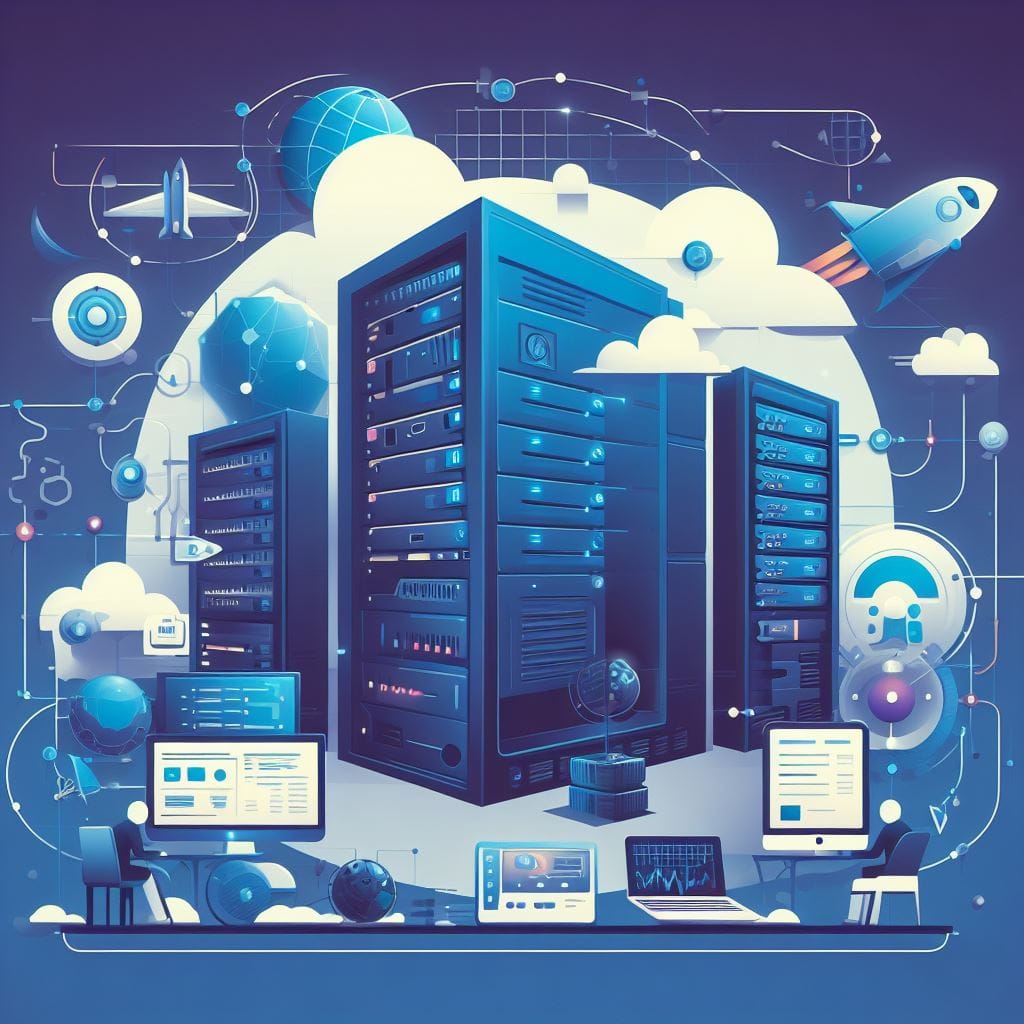Tips for Choosing the Right Database Management System for Your Dedicated Server

Choosing the right Database Management System (DBMS) for your dedicated server is a crucial decision, as it will impact the performance, scalability, and reliability of your applications. Here are some tips to help you make an informed choice:
- Understand Your Requirements:
- Define the purpose of your application. Different applications have different database needs (e.g., transactional, analytical, time-series, etc.).
- Estimate the expected data volume, traffic, and concurrency levels.
- Consider the Data Model:
- Decide between relational (SQL) and non-relational (NoSQL) databases. Relational databases are good for structured data with complex relationships, while NoSQL databases are better for unstructured or semi-structured data.
- Scalability:
- Determine if you need horizontal or vertical scalability. Some databases are better suited for scaling horizontally (adding more servers) while others are better for vertical scaling (upgrading the server's resources).
- Performance:
- Consider the read and write performance requirements. Some databases excel at reads, while others are optimized for writes.
- ACID Compliance vs. BASE Model:
- Decide if you need strong consistency (ACID) or if eventual consistency (BASE) is acceptable. ACID is crucial for financial transactions and critical systems, while BASE may be suitable for less critical applications.
- Data Integrity and Reliability:
- Assess the level of data integrity and reliability required. Some databases have features like replication, clustering, and failover mechanisms for high availability.
- Security and Compliance:
- Ensure that the DBMS complies with relevant industry standards and regulations (e.g., GDPR, HIPAA). Look for features like encryption, authentication, and access control.
- Community and Support:
- Consider the availability of a strong community or professional support for the chosen DBMS. This can be crucial in case you run into issues.
- Cost:
- Evaluate the licensing costs and any associated expenses like hosting, maintenance, and support. Some databases are open-source, while others require licensing fees.
- Compatibility with Existing Tools and Systems:
- Consider whether the DBMS integrates well with your existing software stack, including programming languages, frameworks, and analytics tools.
- Data Backup and Recovery:
- Ensure that the DBMS has robust backup and recovery mechanisms in case of data loss or corruption.
- Future Scalability and Growth:
- Think about the long-term growth of your application. Choose a DBMS that can accommodate future needs without requiring a major migration.
- Performance Monitoring and Optimization:
- Consider the availability of tools and features for monitoring and optimizing the performance of your database.
- Documentation and Resources:
- Check the availability of comprehensive documentation, tutorials, and resources for the chosen DBMS. This will be invaluable for troubleshooting and development.
- Testing and Benchmarking:
- Before making a final decision, conduct performance tests and benchmarks to ensure that the chosen DBMS meets your specific requirements.
Remember that there's no one-size-fits-all solution, and the best DBMS for your dedicated server will depend on your specific use case and requirements. It's also a good idea to consult with experienced database administrators or developers for their insights and recommendations.



